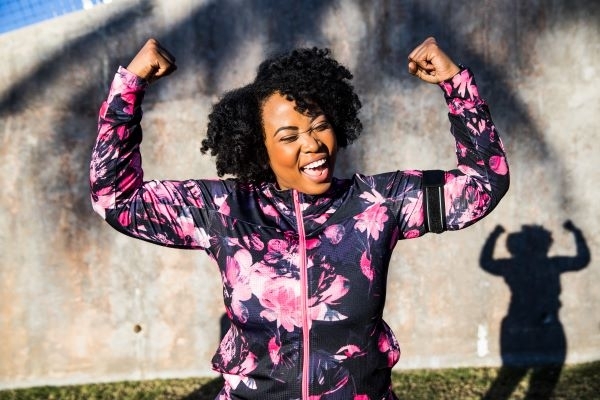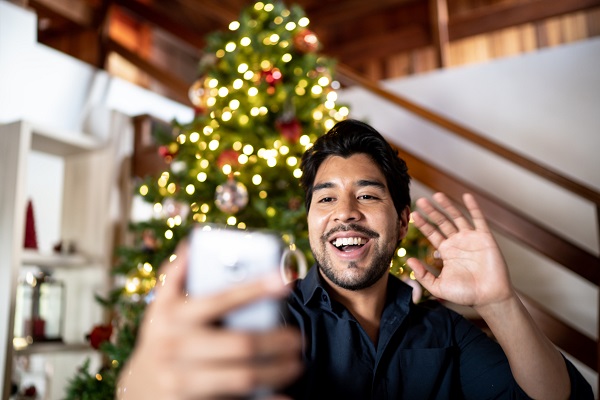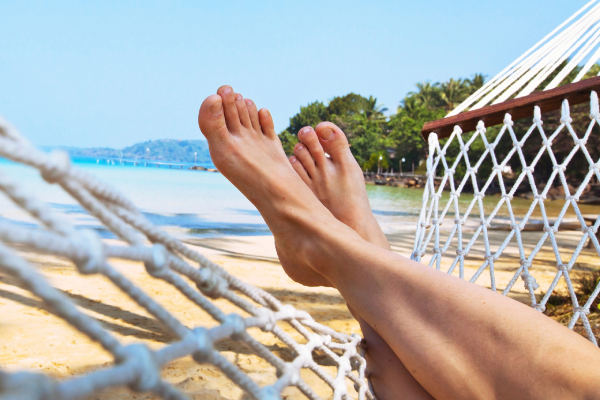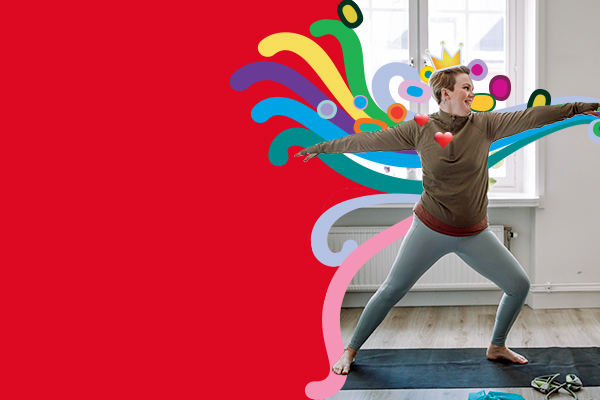-
Tell us about the land you grew up in.
I’m from Central Australia from the Yankunytjatjara nation. We are the caretakers of Uluru/Kata Tjuta lands. It’s a huge area and tracks of land and ceremonies. My mum conceived me to the north, on Luritja country, a place called Middleton Ponds. I had that bush living and life right at the beginning. I was born and raised bush way for the first eight years of my life.
How did your people used to live?
On the land, as people of the land. We did not think of anything as being different from us. As we walked over the country, we didn’t worry about permanency of shelter. You don’t need a house when you can leave it behind. You wouldn’t imprison yourself into one little box. Our way of living was “ourness”. No one is without in that way of thinking.
Tell us about being raised the bush way.
Living in the bush gives you confidence of life in a way that training cannot. You’re communicating with everything: the wind, the trees, the flowers and grass. The connection makes you feel so good. My people have always been part of the earth. Every single inch of this land and its waterways is sacred. What I remember most about those times are the non-restrictive natures – spiritually, mentally or physically. The openness was always there and I was always free.
What is Kanyini?
The purpose of life is to be a part of all that there is. Everything living is our family. The trees are our family just like the kangaroos, emus and all the other animals. Growing up, our oldies used to tell us we were connected to everything else, every other living thing, and the proof of that is being alive. You’re never lost and you’re never, ever alone. It is my responsibility to care for everything around me. My people have a name for caring this way, we call it Kanyini. It is caring with unconditional love. You feel good when you live like this.
Tell us about the four principles of Kanyini.
Kanyini – which is the connectedness – has four concepts. My Tjukurrpa, which is my belief system. My Kurunpa, which is my spirituality. My Ngura, which is a sense of belonging to home and land. My Walytja, which is my family. I must connect with each of these four lines to be whole. You take away my Kanyini – my life – my essence of all I am here for and I am nothing.
Did you live Kanyini when you were young?
At the age of around eight I was taken from my family. A constable arrived with a trail of camels and two black trackers, arresting people for crimes and putting chains around their necks. I was separated from my family. They put me in an institution called The Bungalow in Alice Springs. We slept on a bed, which I hated, in a house with walls and a ceiling, which I hated. Before that, open space was my home. Where the sky takes the land was my boundary. I grew up very angry. The development of that anger came through being institutionalised and the mistreatment. It was a deep feeling; you knew they had no right to treat you that way.
When did you start to think about Kanyini again?
Something that helped me break down the anger was when I met a RAAF group at the Darwin airport. They were looking for Aboriginal people to take them hunting. I went to this man’s house, knocked at the door and waited outside. You never went inside. They told me to come in, but I wasn’t used to that. Then the wife came out and asked me in for a cup of tea. That was the start of the breaking down of my anger. Here was this white man interested in something I was interested in. He’d share his food with me. I got to know these ordinary, beautiful folks who were non- missionaries. They were so good.
Did you ever find your family?
Every three years I would go looking. By the third time, I found them and the caring energy, Kanyini, was a reality. It was there: where everything is ours and nothing is ever mine. It was so good to go back to that system. I started talking about Kanyini to people as I took up residence at the rock [Uluru]. I used to talk about it before, but it was only to my own people. Now, I was talking to visitors who would tell other people.
‘Kindness’ is a word that can have many meanings to many people. What does it mean to you?
Just the way we speak is the first act of kindness but the strongest way is the way we act. It is the doing you have to be careful with. Every action of doing will create a reaction. You can be kind in your mind to everything in the world, but it’s the action of being kind that reverberates and matters.
Share a story about Kanyini in your life.
Where I really have to make myself try is when I have differences with my wife. There are moments when I can explode like a volcano. Once it is released, it is gone. I have to realise that it came from me and she didn’t cause it. Maybe many past experiences have led to that one moment, because I didn’t talk about them. It can happen to anyone because of our humanness. But you try to deal with it in a responsible way. The hardest thing to do is live Kanyini. To action it.
How can we live Kanyini?
When you and I are together is where it begins. Husbands love your wives without condition. Fathers and mothers love your children. Love each other without condition. Then if you have a pet dog – love them without condition. If you have plants – love them. The land you’re living in – love it the same way. Once you’ve got it strong within yourself, then start on your neighbour. And just keep growing. Street. Suburb. City. Country. World. It’s not easy, but once you reach that level of caring and sharing – that is really Kanyini.
Uncle Bob Randall
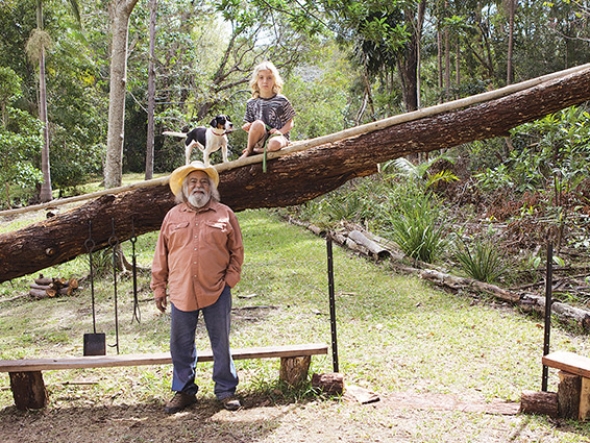
-
How to set up your bedroom for better sleep
The sleep experts share some secrets.
-
5 healthy habits (and how to keep them)
New Year's resolutions are easy to make and hard to keep. Discover how to make healthy habits for 2024.
-
How to feel more connected this festive season
Feeling stressed or lonely this festive season?
-
Life’s a beach
If you want to take it easy at the beach, start by making the trip easier on yourself. Cameron Williams reveals the discoveries that made his time at the beach more enjoyable.
-
Learn how small bursts of movement can have a positive impact on employee wellbeing
-
How to do a digital detox
Reduce screen time with a digital detox, and improve your mental health and wellbeing.
Subscribe to receive the best from Live Better every week. Healthy recipes, exercise tips and activities, offers and promotions – everything to help you eat, move and feel better.
By clicking sign up I understand and agree to Medibank's privacy policy


